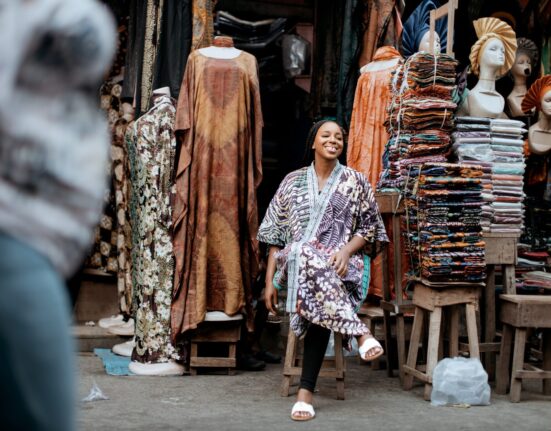Popular Nigerian activist and actor, Mr Macaroni, recently made headlines with his scathing criticism of Lagos State Governor, Babajide Sanwo-Olu. In a passionate outburst on social media, he argued that the Governor’s response to the recent hardships faced by Lagosians was not an act of benevolence but rather a fundamental duty inherent in his position.
“The Governor is not doing anyone a favor by addressing the hardship Lagosians are facing. It is his responsibility!!!”
Mr Macaroni’s words struck a chord with many who resonated with his views on accountability and public service. He highlighted how citizens have been conditioned to accept mediocrity from politicians, leading to a lack of transparency and oversight in governance.
“Most people have been conditioned to accept the barest minimum from politicians, and that is why there is zero accountability to the people.”
Drawing attention to the disparity between government officials’ privileges and the struggles of ordinary taxpayers, Mr Macaroni emphasized that those in power should be fully dedicated to serving the interests of the people who support them.
“Sir @jidesanwoolu, the people pay for your nice convoy, your security, your accommodation and every other luxury your office affords you. All of these make things very easy for you while they suffer.”
The closure of Independence Bridge added fuel to the fire as it resulted in widespread chaos and inconvenience for commuters across Lagos. The subsequent gridlock underscored existing challenges in infrastructure management and public service delivery within the state.
Governor Sanwo-Olu’s delayed response further fueled public frustration until he finally addressed the situation after mounting pressure from various quarters. This incident reignited debates on governmental responsiveness and efficacy in handling crises affecting everyday citizens.
“The least you can do is serve them with utmost respect and total commitment! They don’t deserve anything less!!!”
As discussions around governance intensify following this incident, experts point out that holding elected officials accountable for their actions is crucial for fostering transparency and trust in democratic systems. Public figures like Mr Macaroni play a pivotal role in amplifying citizen voices and pushing for greater governmental responsibility.
The eventual reopening of Independence Bridge by Minister of Works Senator David Umahi brought temporary relief but also highlighted systemic issues requiring long-term solutions. It served as a stark reminder of the interconnectedness between political decisions and societal well-being.
In conclusion, Mr Macaroni’s impassioned critique serves as a reminder that elected leaders carry both privileges and responsibilities bestowed upon them by their constituents. By challenging power dynamics and advocating for genuine service delivery, individuals like him contribute to shaping a more equitable society where leadership is held to account for its obligations towards all members.
Stay tuned for more updates on this evolving story as we delve deeper into what it means to truly serve those who entrust us with their collective welfare.









Leave feedback about this